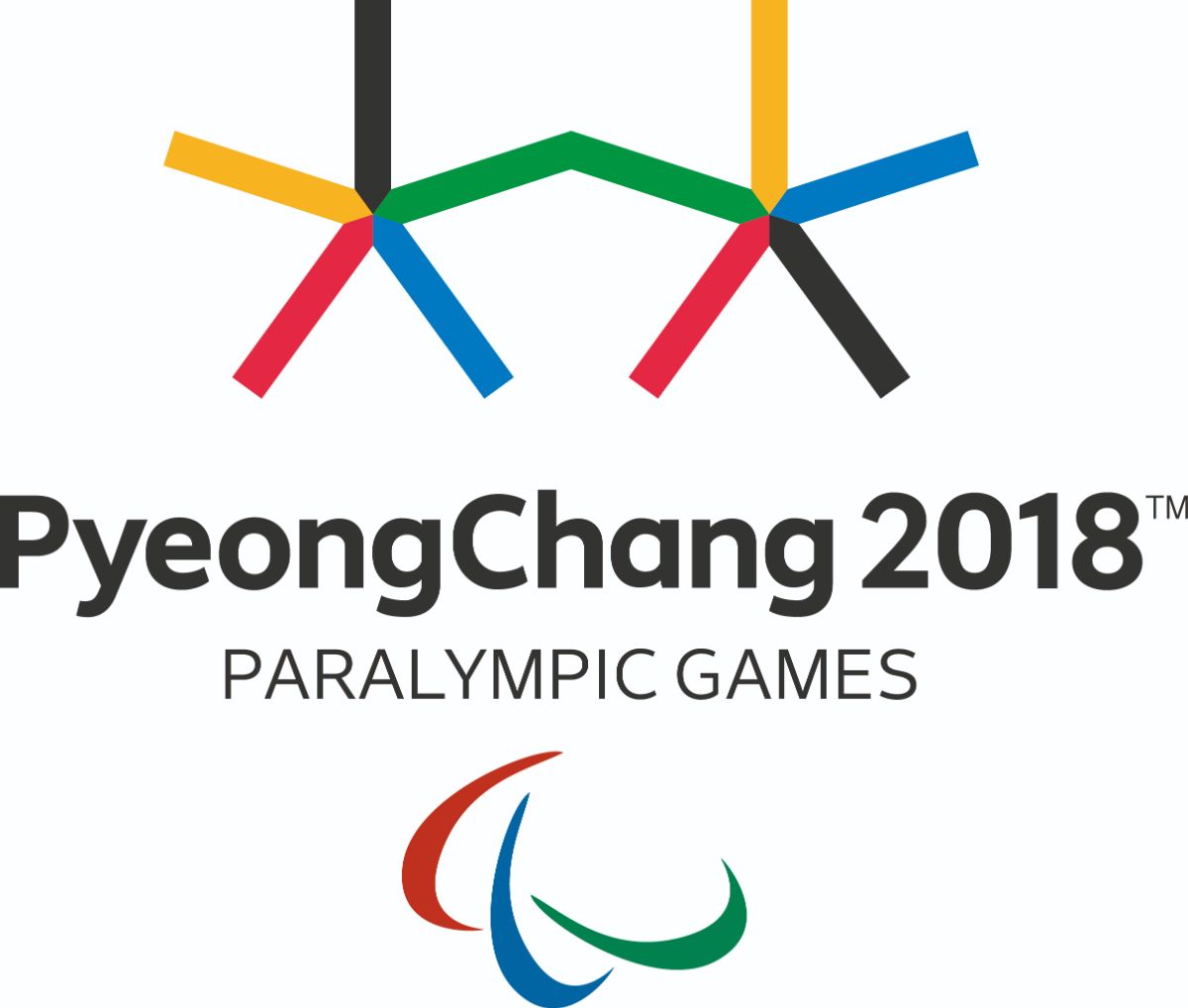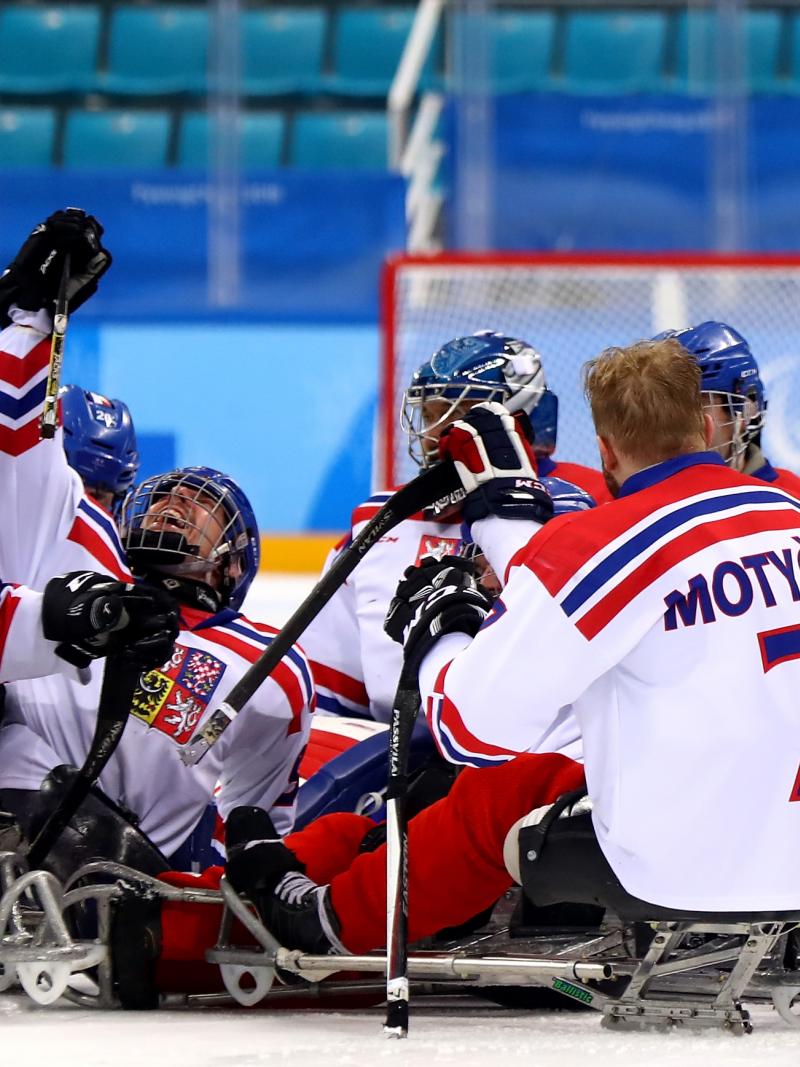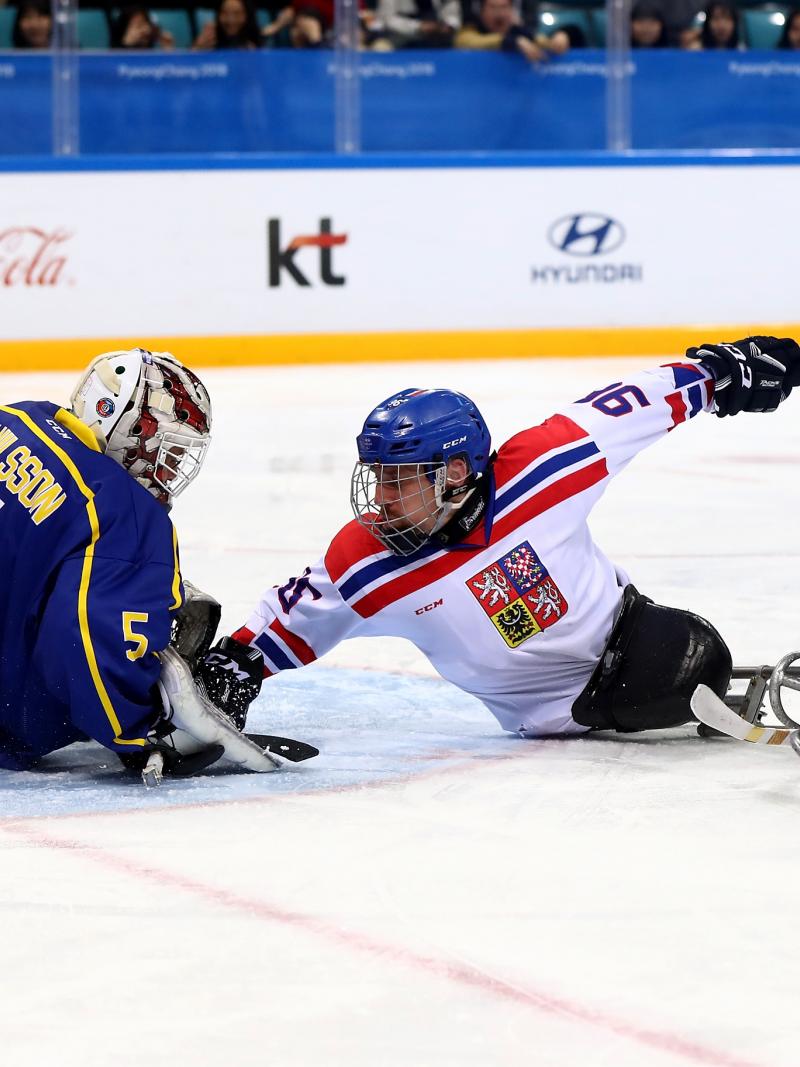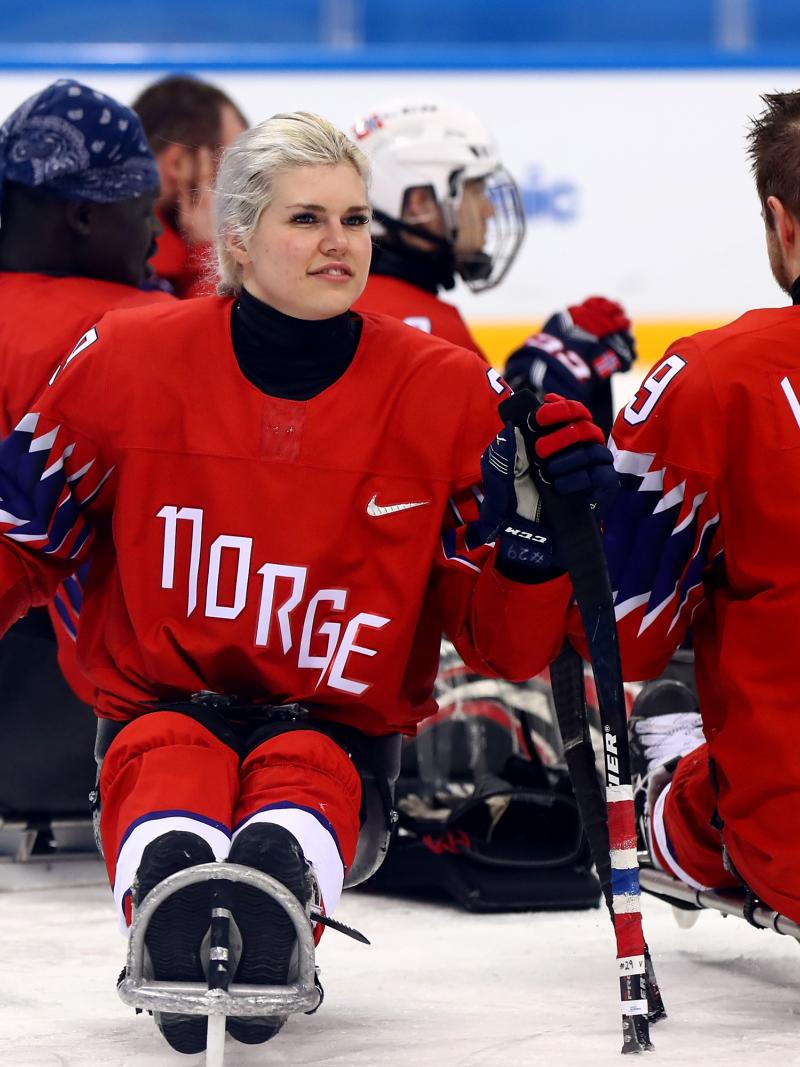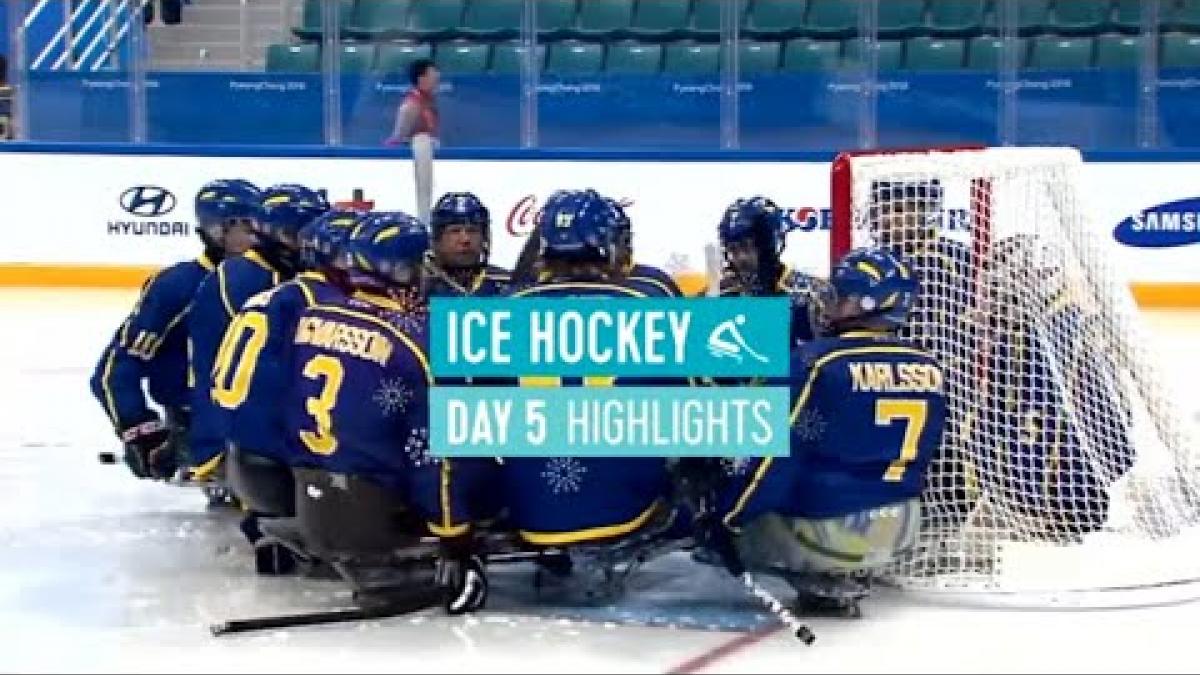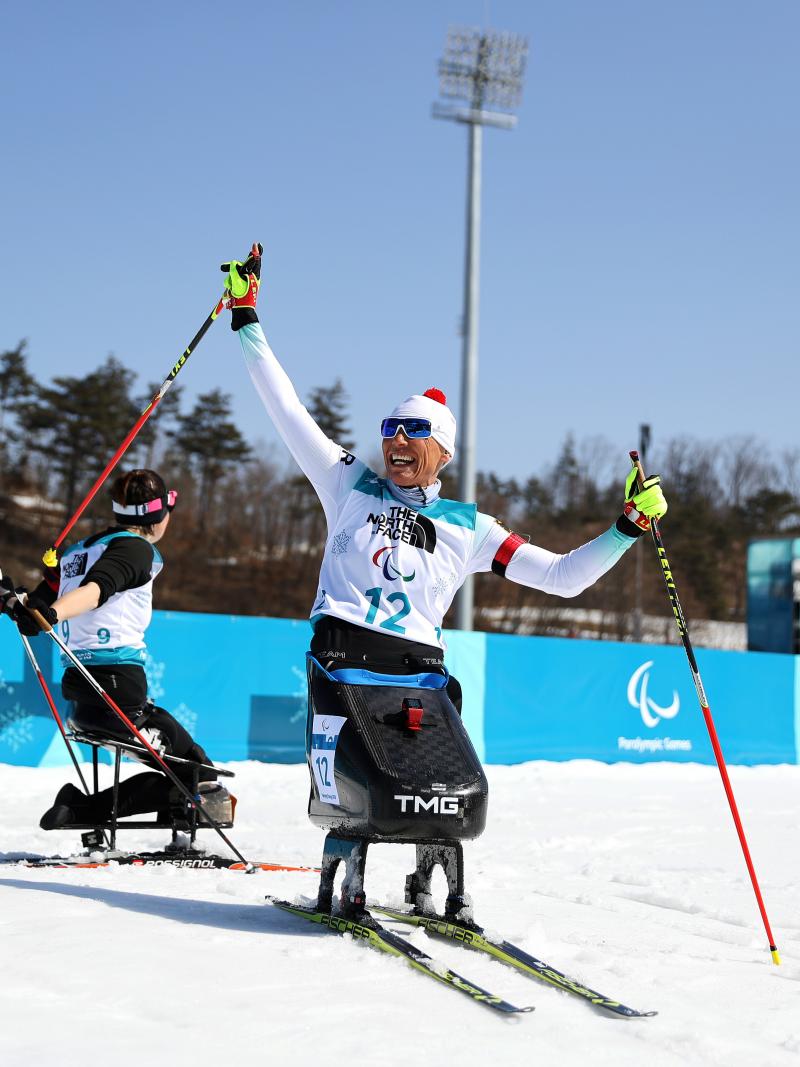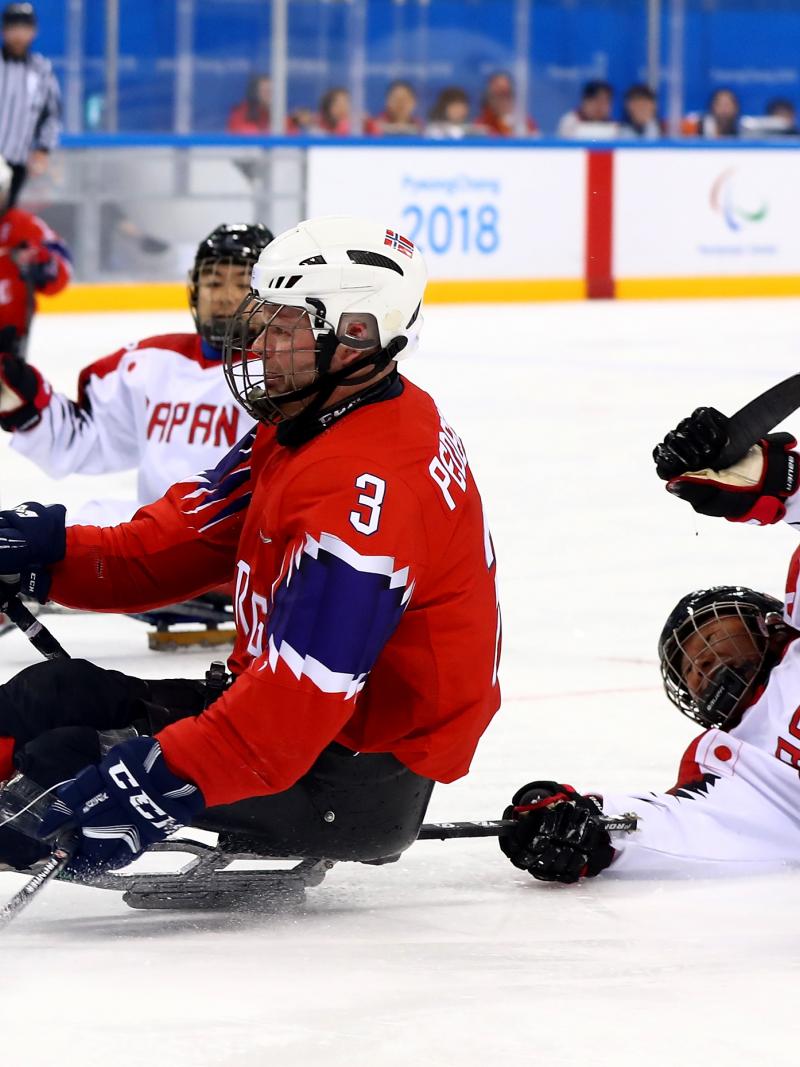PyeongChang 2018: From North Korean defector to Paralympian
The incredible story of Kwang-Hyouk Choi’s journey to the Games 15 Mar 2018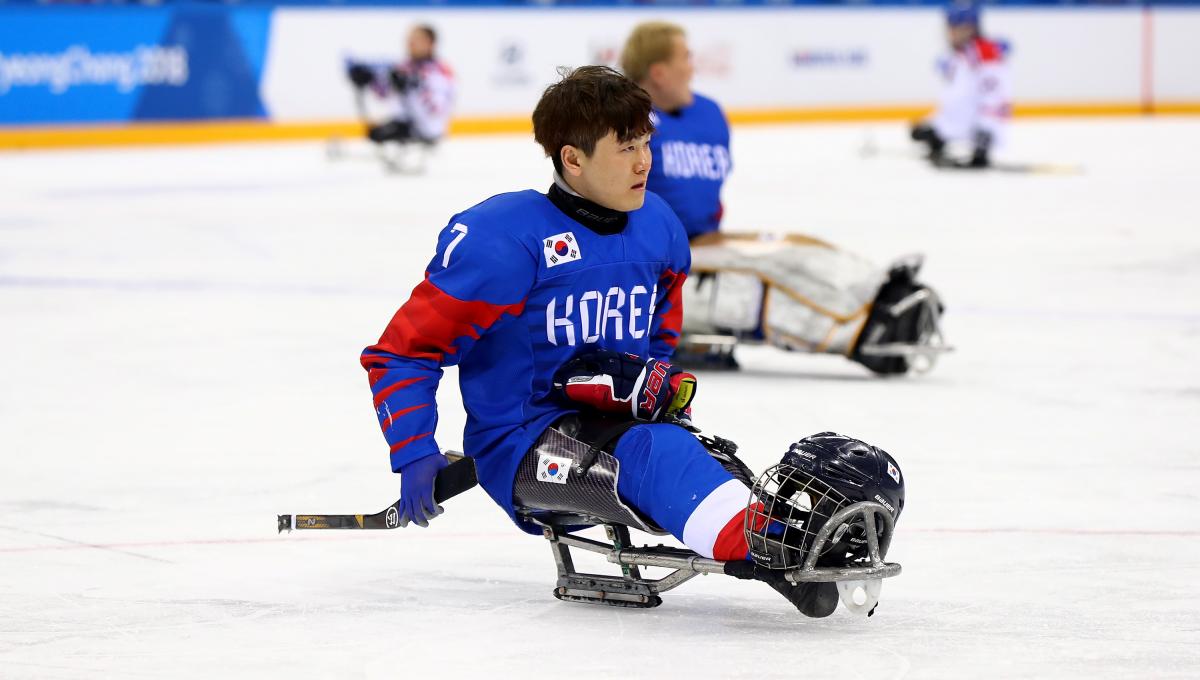
Kwang-Hyouk Choi is hoping to help South Korea reach the final of PyeongChang 2018
f I wasn’t a Para ice hockey athlete in these Games, I would have been just a normal struggling student or a kid somewhere trying to get by with my impairment. This sport changed everything for me, and there have been so many spectators here that have encouraged me to play well. I’m just so happy about it.”
In just his first year on the national team, hard-nosed forward Kwang-Hyouk Choi has received more media attention during South Korea’s successful Para ice hockey campaign at these PyeongChang 2018 Paralympic Winter Games than any of his teammates.
“At these Paralympic Games, I have been asked a lot about North Korea,” Choi said. “My first reaction was a little bit uncomfortable. But my thinking is, it doesn’t really matter who, what, where or when. What matters is that we come together as a Para ice hockey team to try to win a medal.”
Choi’s story, originating in North Korea, has been told countless times in the past week by international media.
Born in North Korea, his parents split while struggling to survive a devastating famine in the 1990’s, and Choi and his sister were sent to live with their grandmother, who died when Choi turned nine. He was left on his own, buying cheap ice cream from markets and sneaking into rail cars to sell them at higher prices to passengers during stops.
In May 2000, Choi was pushed off a crowded car, the wheels catching and crushing his left ankle. His left leg had to be amputated at a local clinic, where he fainted from the excruciating pain.
He could no longer carry his box of ice cream, so he was left begging.
One year later, his uncle paid a broker to smuggle him out of North Korea. Life was not easy at first in South Korea, where Choi faced a double stigma as a defector and person with an impairment. He lived in an orphanage and community housing.
But in 2014, he was reunited with his mother through a television programme that reconnects separated family members, and he found Para ice hockey. Two years after that, he completed his life’s turnaround as a member of South Korea’s bronze-medal winning team at the 2017 World Para Ice Hockey Championships.
Now he’s representing South Korea at the PyeongChang 2018 Paralympics, looking to help his country win its first Para ice hockey medal as the icing on the cake.
“In South Korea, the Paralympic Movement and culture was very new leading up to these Games,” Choi said. “So for me, Para ice hockey was something very new at first, but something that changed my life. If I wasn’t a Para ice hockey athlete in these Games, I would have been just a normal struggling student or a kid somewhere trying to get by with my impairment. This sport changed everything for me, and there have been so many spectators here that have encouraged me to play well. I’m just so happy about it.”
South Korea has already advanced to the Para ice hockey semi-finals for the first time at a Paralympics, and is now one win away from its first Paralympic medal in the sport. Previously, South Korea finished sixth at both the Vancouver 2010 and Sochi 2014 Games. With preliminary round victories over Japan and the Czech Republic at the Gangneung Hockey Centre, South Korea has already guaranteed its best-ever Paralympic finish.
“Because of all the attention I’ve been receiving, I was very nervous at first. But the whole team has been very supportive and our wins have brought the team closer together,” Choi said. “We aim to win every Paralympic match we play, but we have to be careful, as with this increased attention it can be easy for a win to slip quickly from your fingers.”
South Korea lost to world champions Canada 7-0 in the semi-finals on Thursday (15 March), but it meant nothing to the fans who swowed the same passion as in the previous Games. Now supporters and media will be looking on in hopes of more history being made in the bronze medal match on Saturday (17 March).
Every competition as well as the Opening and Closing Ceremonies can be watched live right here on the International Paralympic Committee’s website. Highlights of each day’s action will also be made available.





